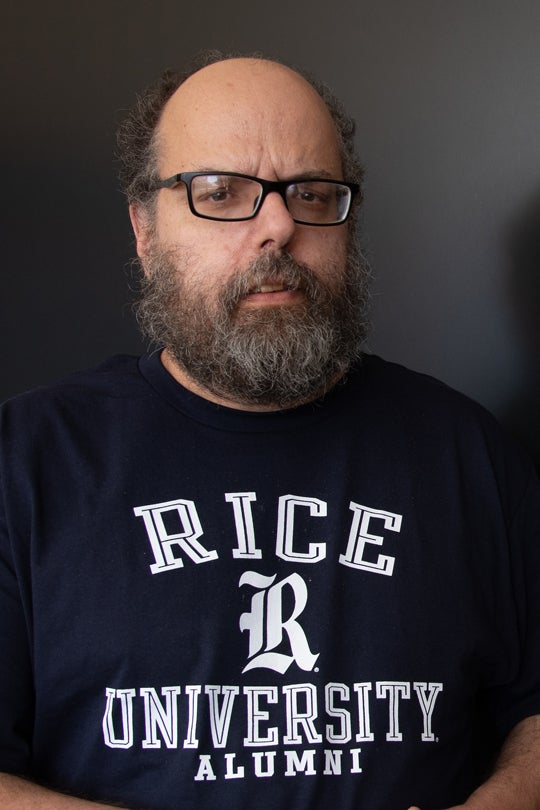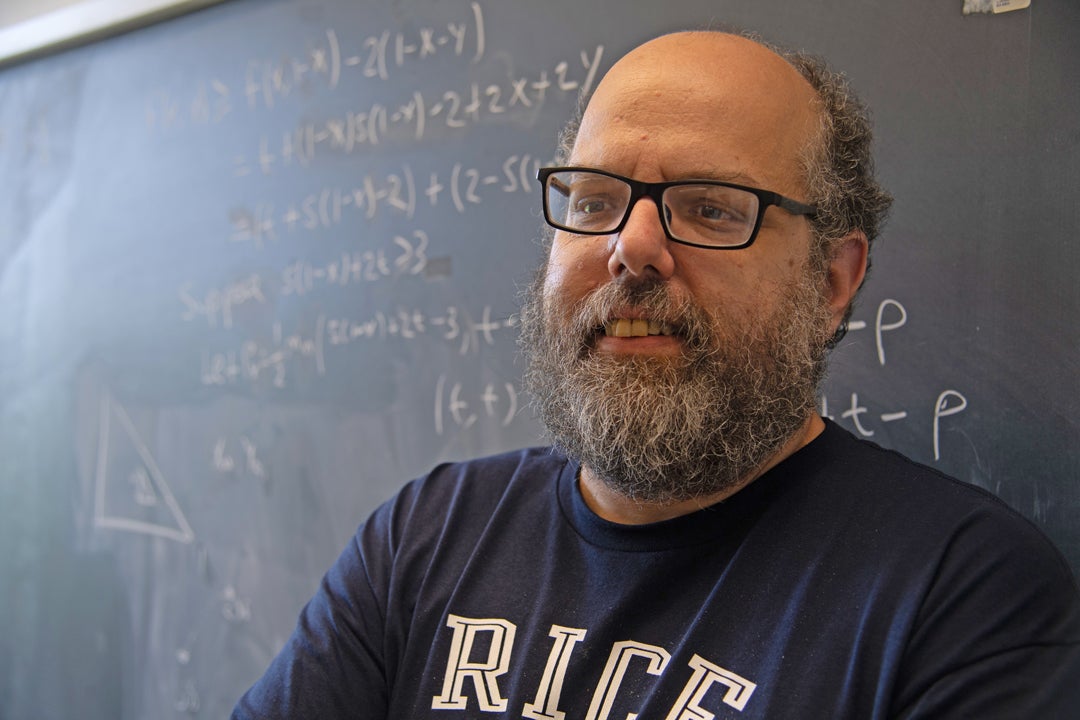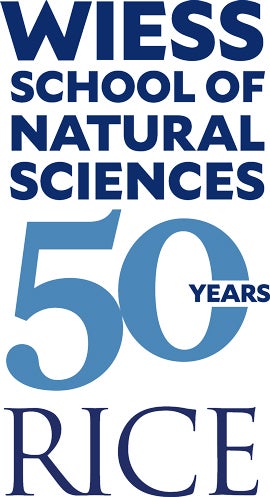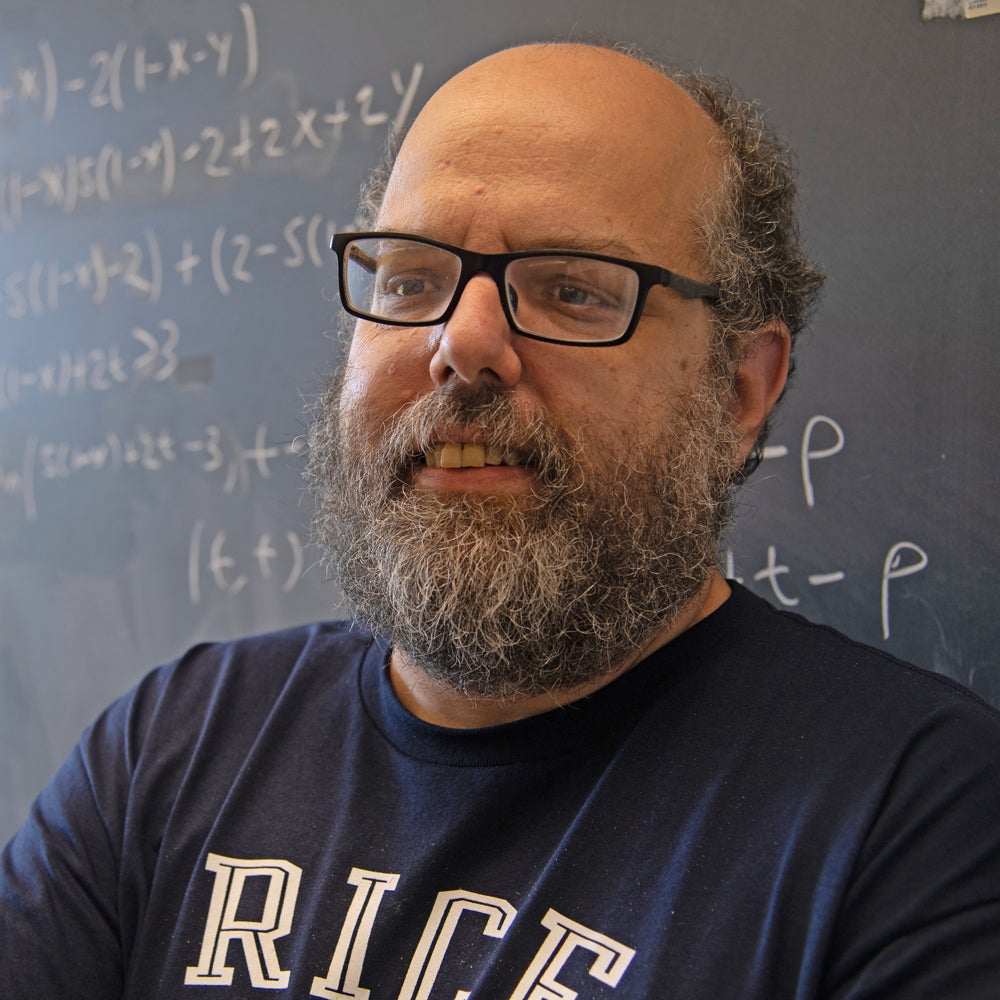
When Nets Katz ’90 returned to Rice in 2023, it marked more than a career transition. For the acclaimed mathematician and winner of a 2015 Clay Research Prize, it was a homecoming with a purpose.
“I believe Rice undergraduates are getting such good training that they actually can do a lot of what graduate students can do,” said Katz, the W.L. Moody Professor of Mathematics. “They can be doing serious research as undergraduates, and my goal is to make that possible as much as I can.”
A child prodigy from Grand Prairie, Texas, Katz started high school at age nine and was admitted to Rice at 14. “It was a really beautiful place to grow up,” he said of the university. “The place was full of people who had better ideas than I did about what it meant to have a career in math. I had not thought that through. I was just interested in learning math.”
He graduated in three years, earned a Ph.D. from the University of Pennsylvania at age 20, and completed several postdoctoral fellowships prior to faculty stints at the University of Illinois at Chicago, Washington University in Saint Louis, Indiana University and Caltech.
Katz’ research is primarily in combinatorics, a broad field centered on problems related to maximum, minimum and optimum configurations. He and Larry Guth were jointly awarded the Clay Research Prize for their solution of the Erdős distinct distance problem and other contributions to combinatorial incidence geometry.

Katz credited close friend and former Indiana faculty colleague David Fisher with planting the idea of returning to Houston shortly after Fisher was recruited to Rice from Bloomington in 2022. “Of course, my connection to Rice really drew me to it,” Katz said. “I thought about the things that I needed as an undergraduate at Rice, and the extent to which Rice was able to fill those needs, and I was really attracted to the idea of doing that for current students.”

Katz said undergraduate research plays a greater role in undergraduate mathematics training than it did when he was an undergraduate. Back then, the predominant view in mathematics was that serious research only occurred in graduate school, after students had been “totally immersed in math,” he said.
Katz believes, from his own experience at Rice, that it is possible to prepare undergraduates to “step into higher level math” before graduate school. “There was one particular course that did this for me,” he said. That was Math 221, the first of a two-semester sequence of honors calculus courses for incoming math majors, which Katz began teaching last year.
“It uses linear algebra and is really designed to improve one’s access to analysis and differential geometry,” he said. “There’s maybe half, if not more, of math that it gives you glimpses of. By taking courses like that, early on, students can begin thinking about mathematics in a way that makes research more accessible.”
In addition to teaching Math 221, Katz said he has given a number of reading courses, where undergraduates interested in research get an opportunity to gain deep knowledge about specific fields of math. He also has taught Math 302, a course primarily for non-majors or those declaring as math majors after their sophomore year.
“Teaching 302 at Rice is wonderful because those students are really talented,” Katz said. “Even though they haven’t had exposure to mathematical proofs, they really have what it takes to learn about them, and at the point where they take 302, they’re really motivated.”

